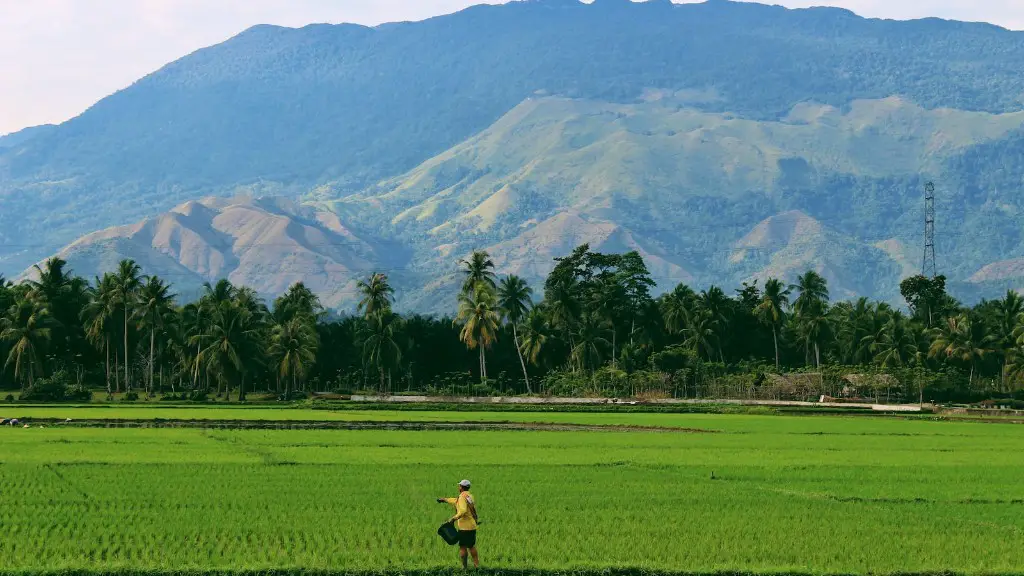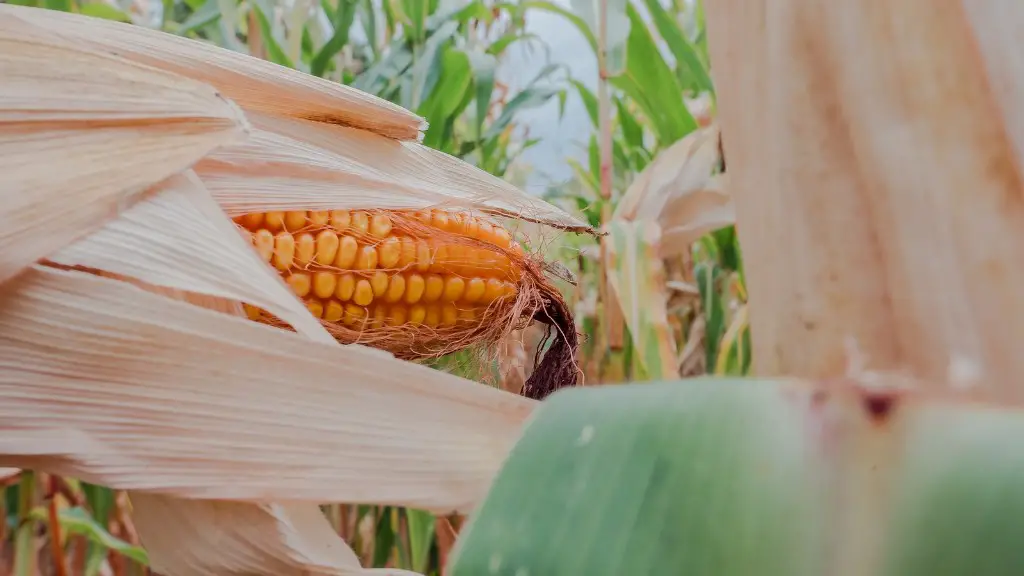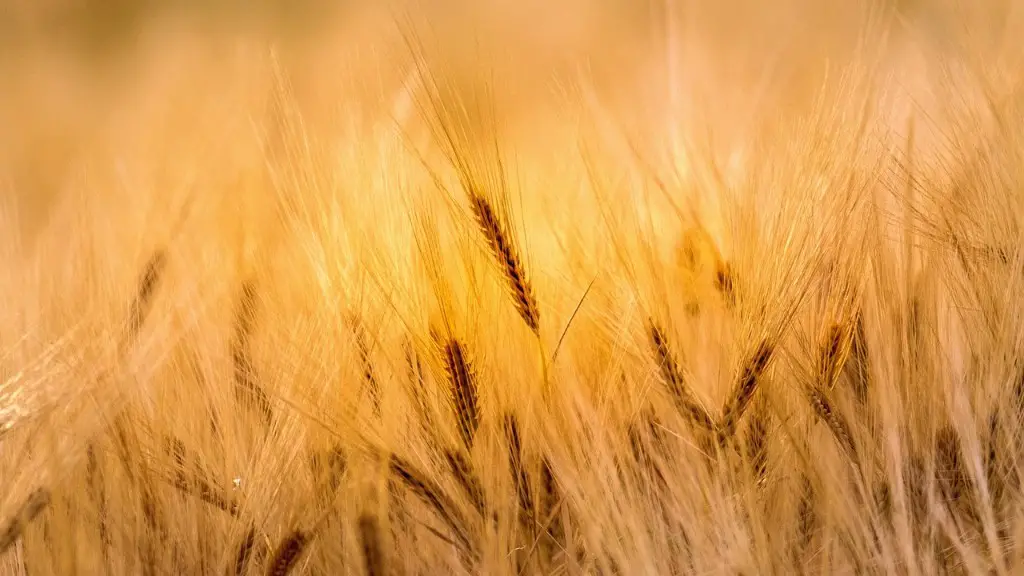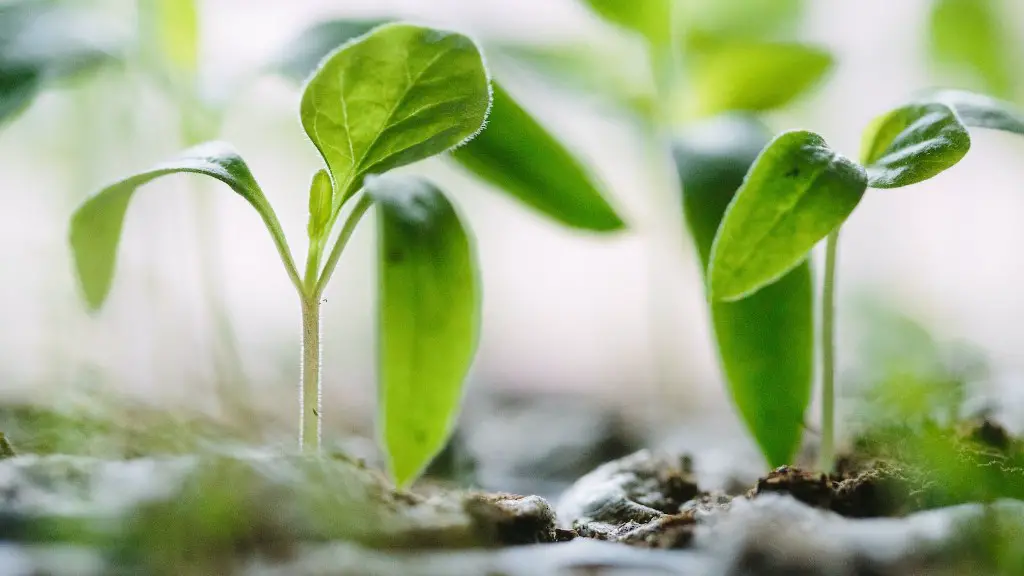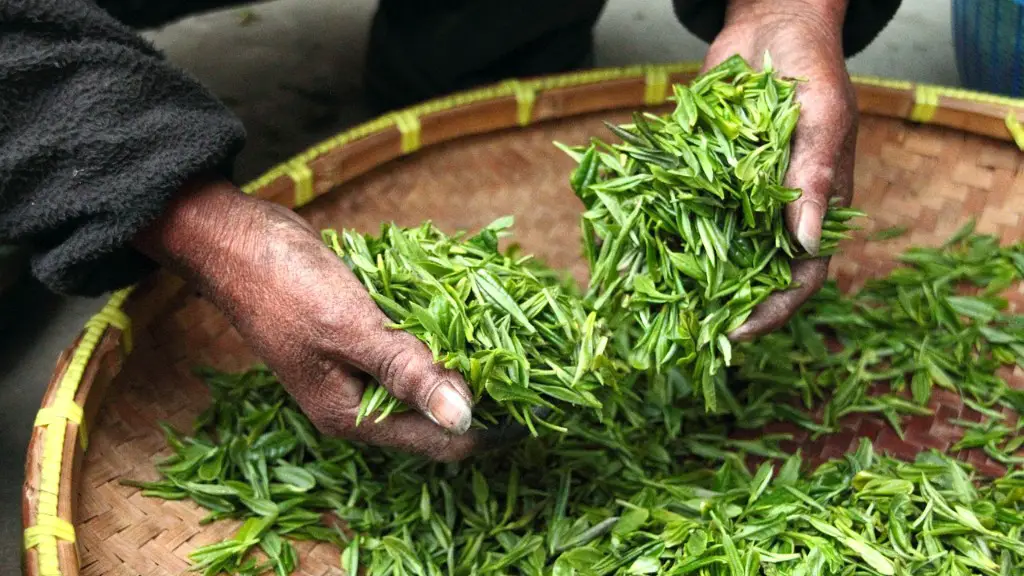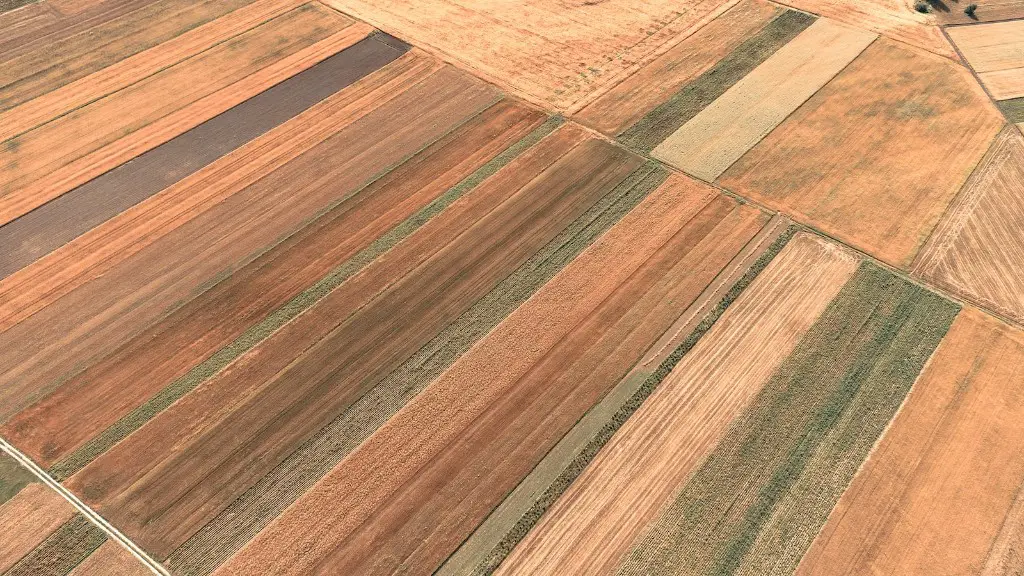Agriculture is an important sector in many countries and the economic backbone of rural communities everywhere. Working in agriculture involves many different kinds of jobs, from growing and tending crops to managing land, livestock, and equipment. It’s a field that can open doors to interesting, challenging, and rewarding careers.
Agriculture jobs depend on the land and climate, but some basic job categories include producing crops, working with animals, managing land, and operating machinery. People who work in agriculture can specialize in areas such as plant and soil science, animal science, crop production, horticulture, and agribusiness. Some jobs are seasonal, while others are year-round.
Farm workers are responsible for planting, fertilizing, harvesting, and storing crops. They handle the care and maintenance of fields, trees, and other plants, and sometimes operate machinery for mowing, harvesting, and other tasks. Dairy farmers and livestock growers are responsible for breeding and caring for livestock and other animals. They may also be in charge of marketing animals for shows and sale.
Agricultural technicians and conservationists protect natural resources like soil, water, and timber. They work to prevent erosion, control pests, maintain water supplies, and protect animal populations. They can also assist farmers with maintaining records, planting, and pesticide application.
Agronomists study soil, plants, and environmental factors such as climate, pests, and diseases. They develop methods to improve soil fertility, pest control, and farming practices. They may also advise farmers on crop selection and rotations.
In addition to these job categories, agribusiness jobs exist in sales, marketing, research, and policymaking. Sales representatives market and advertise farm equipment, seeds, and other products to farm owners. Other agribusiness jobs involve public policy, animal genetics, food science, agroforestry, and even energy production.
Agricultural economists are responsible for research on the economic aspects of farming. They may research prices, consumer demand, production costs, and government regulations. They also provide advice to government, industry, and farmers on issues such as the impact of policy or program decisions on agricultural production levels.
Plant and Soil Science
Plant and soil science specialists analyze the interaction between plants and soils to identify beneficial ways to use soil resources. They collect and analyze data on soils to determine their fertility, structure, and mineral content. They also inform farmers on the ecology, nutrient dynamics, and diseases of plants. Specialists may use a range of technologies such as remote sensing, Geographic Information Systems (GIS), and global positioning systems (GPS) to produce more accurate data about the physical environment.
Plant and soil scientists identify trouble spots in crop production and provide solutions through soil sampling and analysis, soil fertility management, and other methods. They often develop soil improvement and conservation plans that increase crop yields, reduce environmental damage, and protect soil health. Other tasks may include mapping soils and landforms, assessing wildlife habitats and habitat quality.
In addition to these activities, plant and soil scientists provide advice on irrigation, drainage, and other water management activities. They develop and implement conservation methods such as contour farming, crop rotations, and the use of cover crops to prevent soil erosion and nutrient depletion.
Plant and soil science specialists may also be involved in researching and developing new and improved varieties of crops, cultivating and studying laboratory specimens, and preparing research reports and recommendations based on their findings.
Plant and soil science specialists can find employment in a variety of settings including agricultural research centers, private and public research organizations, and universities.
Animal Science
Animal scientists understand the behavior, nutrition, genetics, and management practices related to domestic farm animals such as cattle, sheep, and poultry. They typically analyze decisions related to breeding, nutrition, health management, and record keeping for herds and flocks. Animal scientists can work in research and development, production management, and marketing.
Animal scientists analyze issues such as food safety, nutrition and disease, animal welfare, artificial insemination, animal genetics and breeding, and livestock health and nutrition. They may also offer guidance on pasture and grazing management, animal housing design, animal handling, and other related topics. They use their expertise to increase efficiency and reduce costs for farmers, ranchers, and other livestock producers.
Animal scientists may also work as extension agents, providing education and technical assistance to livestock producers, helping them improve their farms. They can be employed in the agricultural industry to develop and improve animal care, health management, and genetics on farms and ranches. Animal scientists may also help process and evaluate data for research projects, serve as advisors for agricultural organizations, and write for popular magazines and agricultural journals.
Animal scientists may use their expertise to advise farmers on a wide range of issues such as proper feeding and nutrition, animal husbandry, genetics, and biosecurity. They may also work in laboratories and other scientific settings conducting research and analyzing data.
Animal science is an interesting and rewarding field that can lead to a variety of different positions in the agricultural sector. Animal scientists commonly find employment in government agencies, universities, research institutions, and private industry.
Crop Production
Crop production refers to the growth of agricultural crops, including the management of land, soil fertility, soil conservation, water resources, pest management, and harvest. Crop production specialists play a vital role in the sustainability of agricultural systems, protecting and utilizing natural resources effectively.
Crop production specialists may be responsible for developing and implementing strategies for high yield and quality production. They design and perform soil tests, develop strategic crop rotations, select seed varieties, negotiate contracts, and plan planting and harvesting operations. They may also assess production risks and make recommendations for pest control, nutrient applications, and other farm management activities.
In addition, crop production specialists may work in other areas such as agronomy, farmstead planning, and marketing. They use their skills to identify potential growth areas and opportunities in the market. They may also be involved in educating farmers on best agricultural practices.
Crop production specialists may also serve as scientists, advisors, or data analysts. They use their knowledge to develop new ways to increase yields, decrease costs, and reduce environmental damage. Some specialists may research new fertilizers and pesticides, analyze production trends, and identify new markets for crops.
Crop production is an important field since it produces essential commodities such as food, feed, fiber, and fuel. People who work in this sector have rewarding and challenging jobs that allow them to contribute to the global food supply and protect natural resources.
Land Management
Land management is an essential part of agriculture and encompasses activities such as managing land, soil and water resources, and conserving natural resources. Land management specialists understand the processes that shape land and work to improve land productivity and sustainability.
Land management specialists may assess land use and land management practices, advise on land rehabilitation and conservation efforts, analyze production risks, and develop plans to protect soil and water resources. They may also consult with farmers on weed identification and control, pest management, soil fertility, and the economic and environmental impacts of farming.
Other activities may include developing guidelines for land monitoring and conservation, coordinating research projects and public policy initiatives, and advising corporations and public agencies on land use planning and management. Land management specialists may also work in public policy, land restoration, conservation planning, and environmental education.
Land management specialists typically have degrees in related fields such as agroforestry, horticulture, agriculture, natural resource management, and urban planning. They may also be trained in soil science, hydrology, conservation biology, and ecological principles.
Those with a background in land management can find a variety of opportunities in the agricultural industry, including research and development, consulting, policy development, and natural resource management. It’s a rewarding field that offers a rewarding career.
Equipment Operation
Operating heavy machinery is a critical part of farming and requires a great deal of knowledge and skill. Equipment operators are responsible for operating tractors and other farm machinery, loading and unloading materials, and performing other duties related to machine maintenance and operation.
Equipment operators may be responsible for planting and harvesting crops, using threshers, grinders, and other equipment. They must be knowledgeable about the operation of tractors and other equipment, understand safety procedures, and possess good problem-solving skills. Other tasks may include cleaning and servicing machines, removing debris, and operating forklifts.
In addition to operating heavy machinery, equipment operators may be responsible for making repairs, calibrating equipment, and performing routine maintenance in order to keep the machinery in top condition. They read and interpret diagrams and manuals, order parts, and inspect equipment for proper functioning.
Equipment operators typically need a basic knowledge of mathematics and mechanical systems. They may have to obtain additional certification or licensing in order to operate certain types of machinery. Many equipment operators have a background in agriculture or related fields.
Equipment operators are an essential part of the farming process and can find exciting and rewarding careers in the agricultural industry. The ability to operate machinery safely and efficiently is highly valued in this field.
